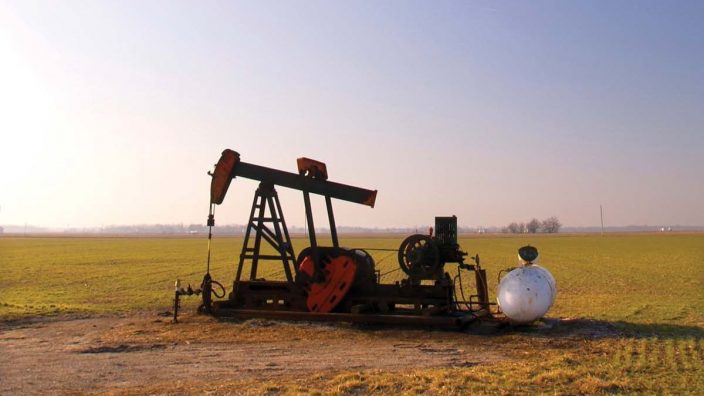Solar eclipse resources offered to Ohio landowners
Landowner resources to help them prepare for an influx of people coming to rural parts of the state hoping to get a glimpse of this rare phenomenon April 8.
Read MoreOhio has become an epicenter for oil and gas leasing and drilling activity. Many landowners are faced with leases and legal documents for resources they may not have realized existed on their property.
1. The best protection a landowner has is to establish a relationship with an attorney to review and negotiate any oil and gas leases.
2. Landowners should explore whether they own the mineral rights associated with their surface property, and if any old leases are in force on their property. In some cases, severed mineral rights can be rejoined with the surface property and old leases may have issues that can be renegotiated to the landowner’s advantage.
3. Some of the terms landowners may consider when negotiating an oil and gas lease are: free gas provisions, duration of lease, reimbursement for damages to property, bonus payments, delay rental and royalty payments. Creating provisions protecting soil and water resources, as well as giving the landowner input or approval of placement of additional infrastructure on their property should be considered, too.
4. Landowner or negotiation groups are becoming more common to allow for greater bargaining power. Landowners should enter into these groups with the same caution they would use when negotiating personally with an oil and gas company. Even if a landowner group is represented by an attorney, landowners should consider having individual legal counsel as well.
5. Ohio law requires minimum land area before an oil or gas well can be drilled. Oil and gas producers may pool properties into a drilling unit, which may affect royalty payments.
More Landowner Information
For further explanation of these tips and other information on other topics impacting landowners, Ohio Farm Bureau members can log in and download the Ohio Landowner Toolkit or the Energy and Utility Issues Resource Guide.
Not a member? Join today!
Also, listen to Legal with Leah, a podcast featuring Ohio Farm Bureau Associate General Counsel Leah Curtis discussing topics impacting landowners.


Landowner resources to help them prepare for an influx of people coming to rural parts of the state hoping to get a glimpse of this rare phenomenon April 8.
Read More

What are some of the things landowners need to be aware of, as they might see more people wanting to come out to their property and to rural Ohio for the best seat in the house?
Read More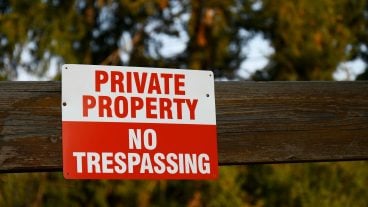
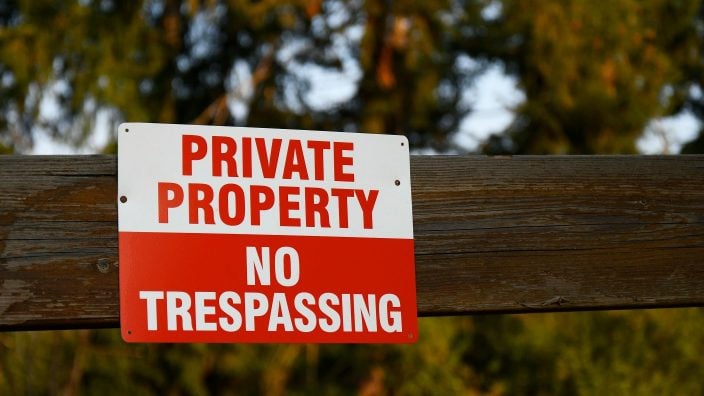
Policy Counsel Leah Curtis discusses Ohio trespassing laws and the liability that can fall on landowners when people enter their property.
Read More
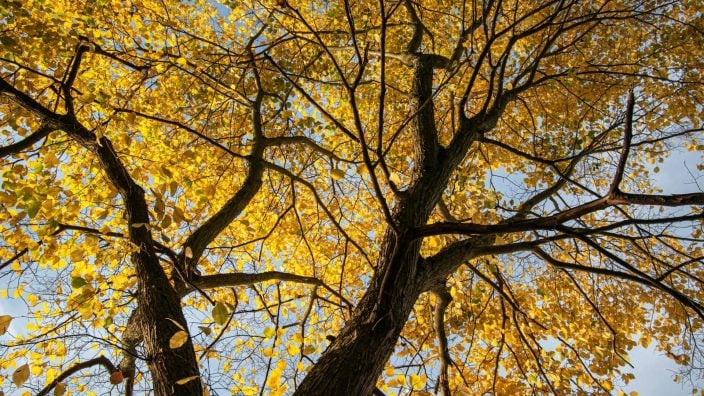
When property owners may have issues with trees or encroachment on their property, they often turn to Ohio Farm Bureau for information.
Read More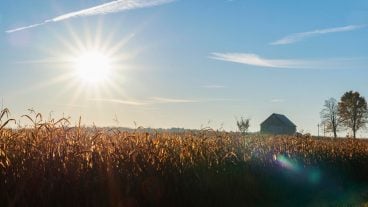
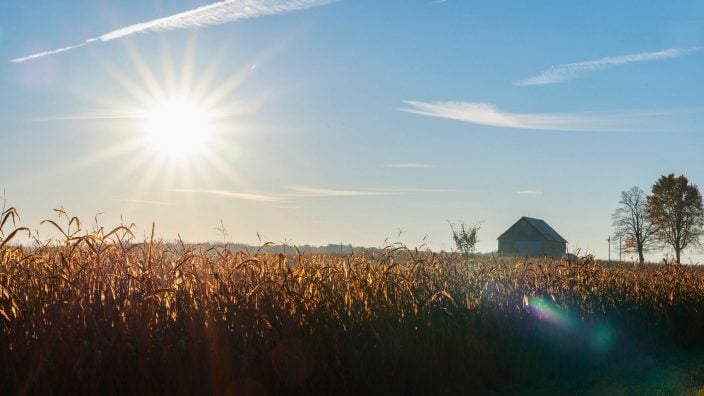
Even though there can be zoning in rural areas of Ohio, there are limitations in the law when it comes to agriculture.
Read More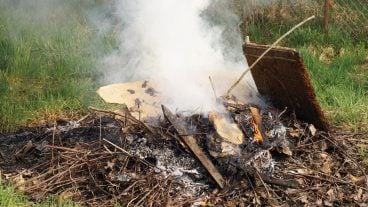
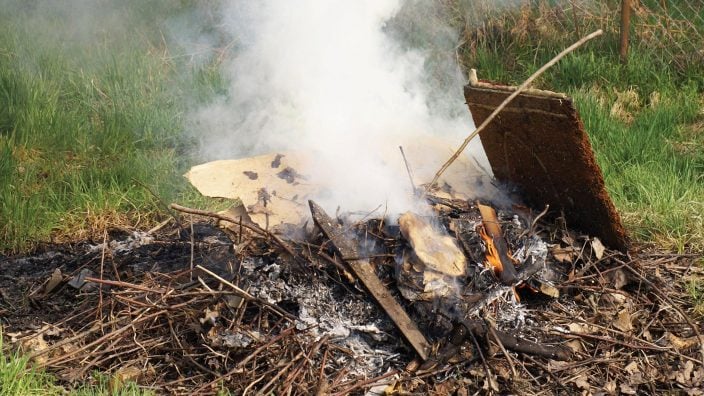
During the months of March, April, May, October and November, open burning in Ohio is prohibited during the hours of 6 a.m. to 6 p.m.
Read More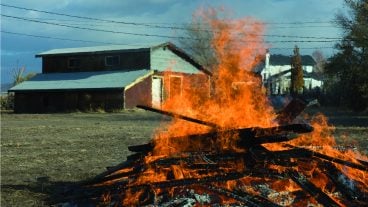
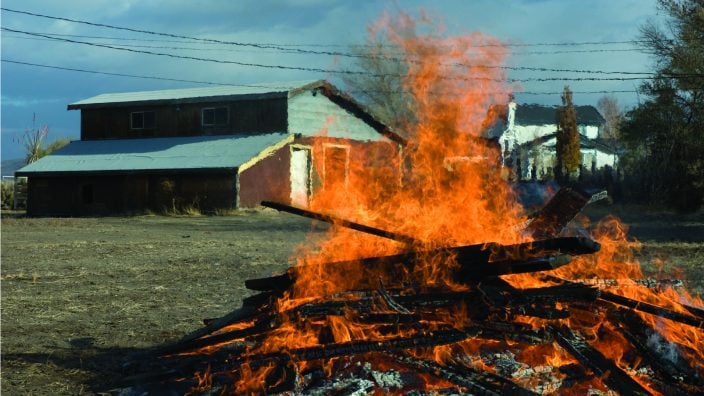
Depending on what is being burned and where, there will likely be restrictions from either the Ohio Environmental Protection Agency or possibly the Ohio Department of Natural Resources.
Read More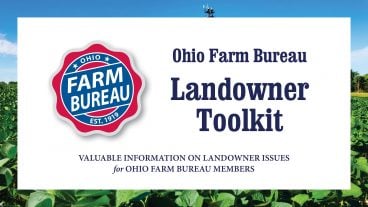
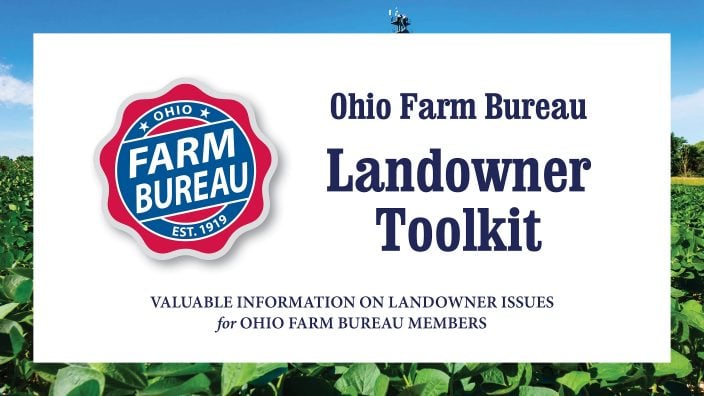
The newly updated Landowner Toolkit was built to give our members the knowledge and tools necessary to manage their land responsibly and productively.
Read More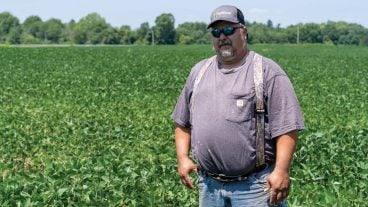
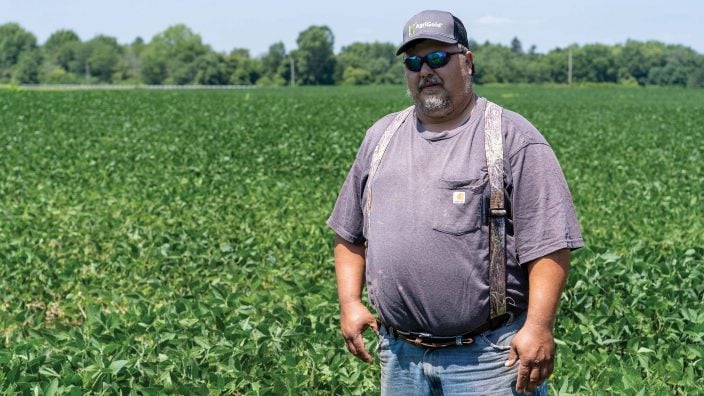
Under HB 397, notice must be given by Sept. 1 to terminate a farm lease, and the lease will terminate at the conclusion of harvest or Dec. 31, whichever comes first.
Read More
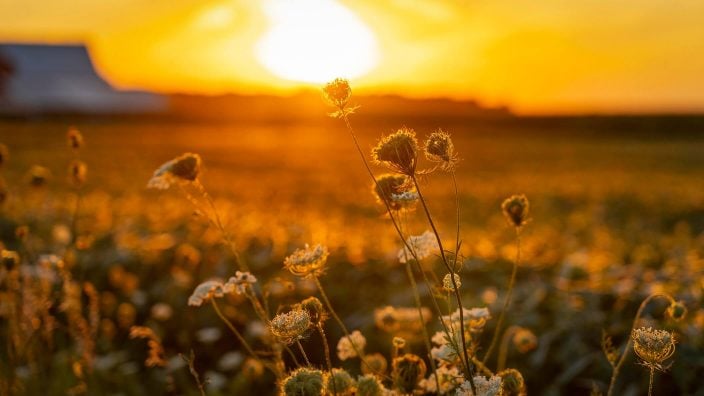
Lorain County Farm Bureau recently had success getting some changes made to their CAUV designations, thanks to the help of Ohio Farm Bureau and members taking action.
Read More